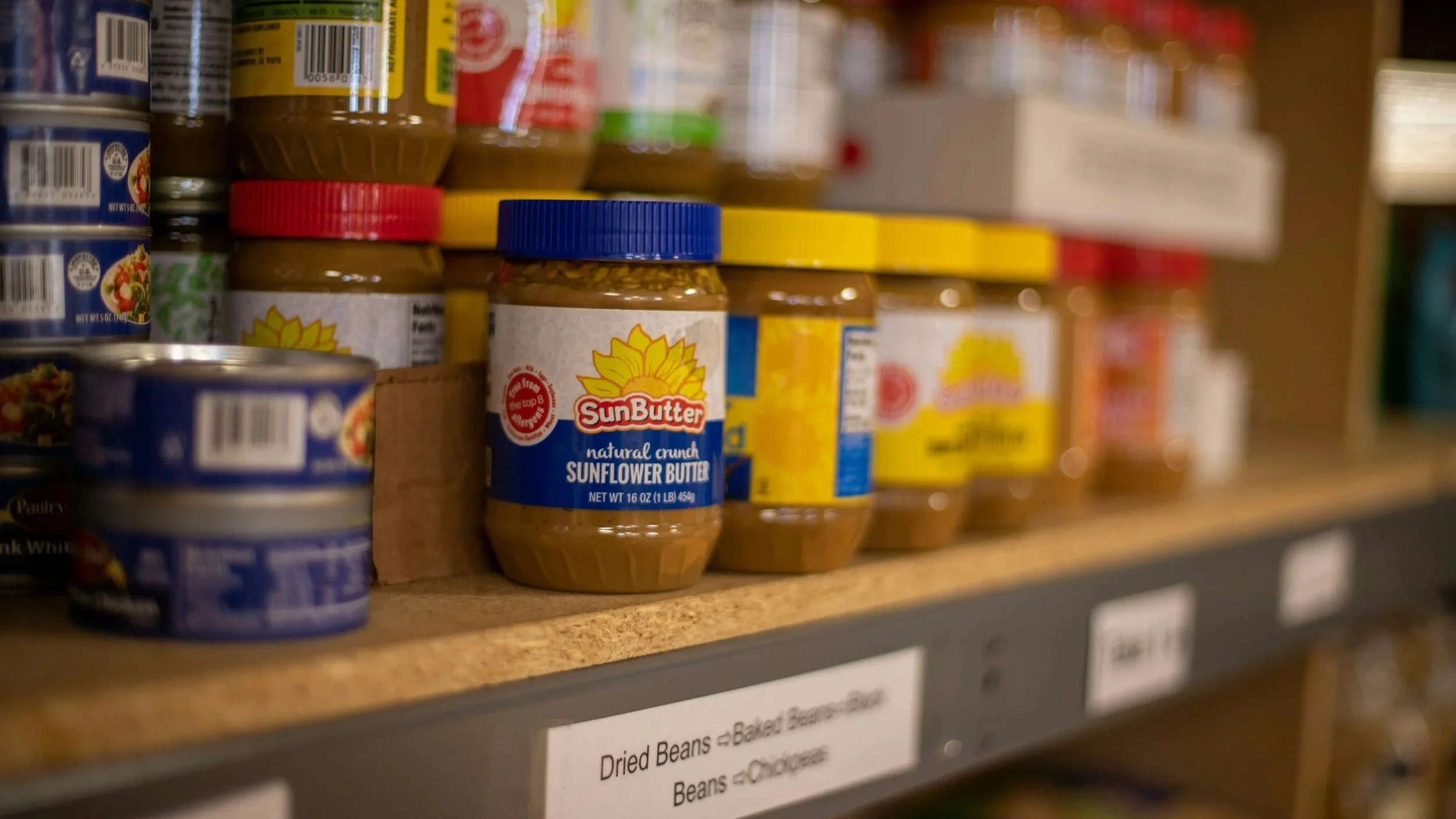New Review:
More research needed into food poverty in the UK
Food insecurity remains a pressing issue in the United Kingdom, with 10% of households struggling to access sufficient nutritious food between April 2022 and March 2023. Despite this, interventions aimed at supporting adults are surprisingly under-researched. A recent scoping review sheds light on what’s being done—and what still needs urgent attention.
The review analysed 21 studies exploring community-based interventions, from foodbanks and community meals to cookery classes and voucher schemes. Alarmingly, over half of these initiatives rely heavily on volunteers, and many depend on donated or surplus food. While these efforts provide a vital safety net, their sustainability is questionable, and the nutritional quality of emergency food parcels often falls short of recommended standards.
Food ladder
Most interventions fall into three categories, based on the Food Ladders model. Rung one includes crisis support like foodbanks and charitable meals. Rung two focuses on capacity building, such as cookery and budgeting classes, community cafés, and surplus food redistribution. Rung three involves self-organised community change, like urban agriculture and social enterprises. While rung one interventions dominate, rung two and three approaches show greater potential for long-term impact by empowering individuals and communities.
What makes an intervention effective?
The review highlights five key elements:
Education: Programmes that boost cooking skills, nutrition knowledge, and budgeting confidence consistently improve participants’ ability to eat healthily on a budget.
Inclusivity: Catering for special dietary, cultural, and religious needs is essential, yet often overlooked.
Financial support: Services offering debt advice or cost-saving strategies add significant value.
Accessibility: Removing barriers such as mandatory referral systems encourages engagement.
Social connection: Creating spaces for people to meet and share experiences fosters community resilience.
More research needed!
Despite these insights, the evidence base is thin. Few studies assess feasibility, acceptability, or measurable impact on food insecurity. This gap makes it difficult to scale successful models or secure long-term funding. The authors call for robust research, particularly on interventions beyond emergency provision, and for policy shifts that reduce reliance on charity and volunteers.
Food insecurity is more than a lack of food—it’s a public health crisis linked to poor diet, chronic illness, and mental health challenges. Addressing it requires systemic solutions, not just stopgaps.
Reference
Smith J, Hodgson P, Williams C, Lake AA, Teasdale SB, Giles EL. Community food insecurity interventions for adults living in the United Kingdom: A scoping review. Nutr Bull. 2025;0:1–23. doi:10.1111/nbu.70026.


